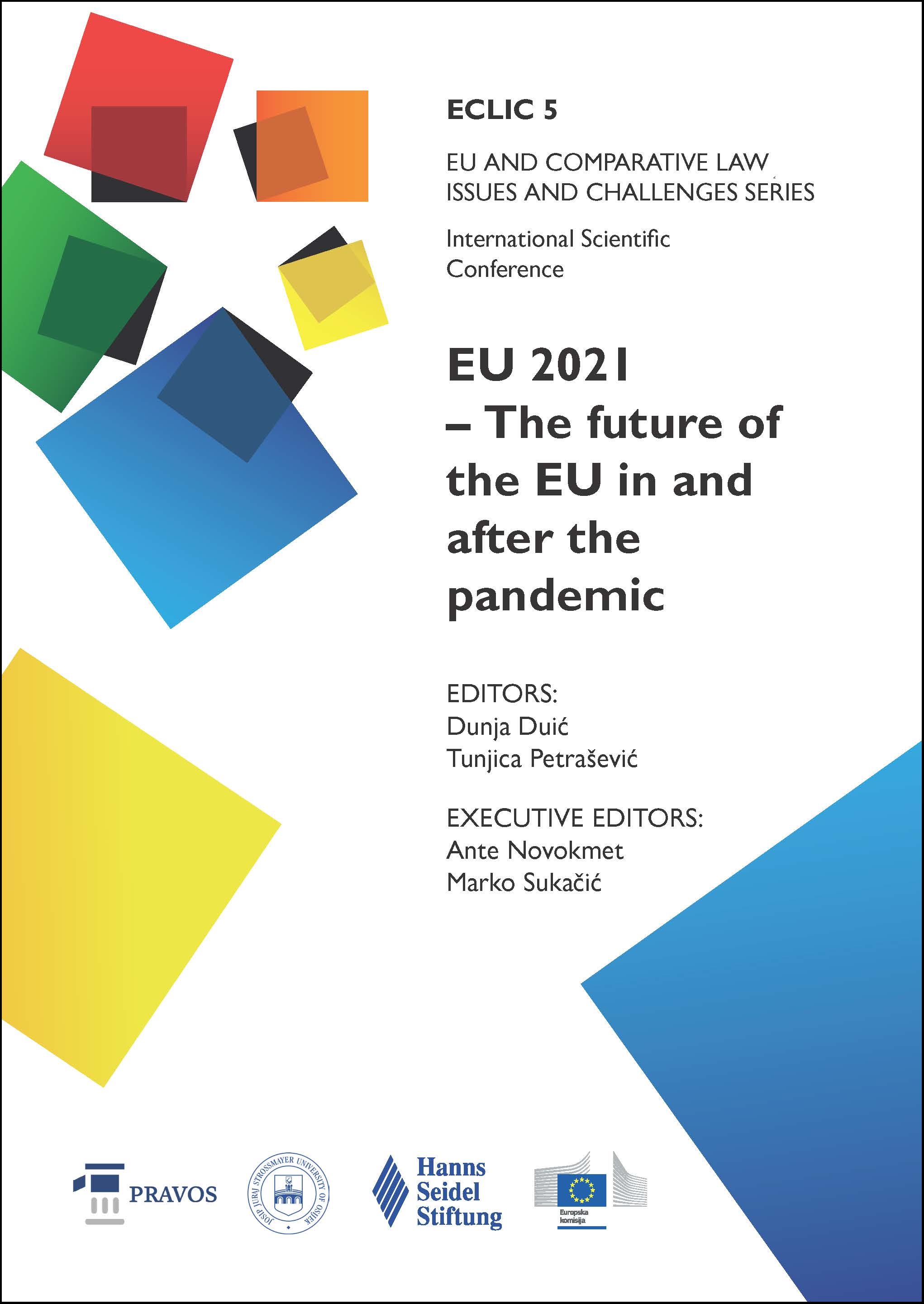DIGITAL CONTENT CONTRACTS AND CONSUMER PROTECTION
STATUS QUO AND WAYS FURTHER
DOI:
https://doi.org/10.25234/eclic/18313Abstract
One of the effects of the COVID-19 crisis is the significant acceleration of e-commerce. The number of companies and the varieties of products in the online markets increased, as well as the numbers of consumers and consumers’ segments diversification. The e-commerce in pandemic times offered clear benefits and opportunities for the consumers. It also created situations where the lack of confidence in e-commerce may intensify. This comes from the consumers’ uncertainty on their key contractual rights and it is particularly a case when it comes to the contracts for supply of digital content and digital services. The European Union considered that legal certainty for consumers (and businesses) will increase by full harmonisation of key regulatory issues and that this would lead to growth of the potentials the e-commerce has on the common market. Aiming to achieve a genuine digital single market the Council of the European Union and the European Parliament in May 2019 have adopted the Directive (EU) 2019/770 on certain aspects concerning contracts for the supply of digital content and digital services (the "Digital Content Directive") and the Directive (EU) 2019/771 on certain aspects concerning contracts for the sale of goods (the "Sales of Goods Directive") that regulate the supply of digital content and digital services and sale of goods with digital elements, respectively. Both directives lay down specific rules on the conformity of digital content or a digital service i.e., goods with digital elements with the contract, remedies in the cases of a lack of conformity or a failure to supply, as well as the modalities for the exercise of those remedies. The paper analyses the mechanisms for regulation of the contracts for the supply of digital content and digital services and the specific rights and obligations of the parties to these contracts. The main objective of the research is to assess to which extent these mechanisms are novelty in the European Consumer Law and to examine the obstacles that the application of consumer law to digital content contracts may encounter.
Downloads
Published
How to Cite
Issue
Section
License
Copyright (c) 2021 Neda Zdraveva

This work is licensed under a Creative Commons Attribution-NonCommercial 4.0 International License.
Authors retain the copyright on the papers published in the Journal, but grant the right of first publication to the Journal. Papers accepted for publication or already published in ECLIC of the Faculty of Law in Osijek may be published by the author(s) in other publications only with proper notice of its previous publication in ECLIC.


